Shogun is a political drama that deals with European trade relations with Japan in the 16th century. It is set against the backdrop of political turmoil. To understand the essence of the series, it is important to know more about the country relations explored in the show.
The original source material, James Clavell’s novel, is a fictionalized retelling of real-life events during that time period. Therefore, the show also explores some real-life incidents and is mostly true to history.
For your convenience, we’ve put together the essential information about the political and trade relationships between the main powers in Shogun. Shogun primarily deals with the relations between Japan and England, but other European powers also play an important role.
Let’s begin the history lessons!
The English Saw Japan as an Ally
The historical and cultural interactions between the English and the Japanese are central to Shogun’s plot. England was at war with Spain for most of the 16th and 17th centuries. For England, Japan was a potential ally and a lucrative trade market.
England sent its first official envoy to Japan in 1613, led by John Saris. Saris had obtained his trade license from the shogun Tokugawa Ieyasu, the real-life personality who inspired Yoshii Torunaga’s character in the series.
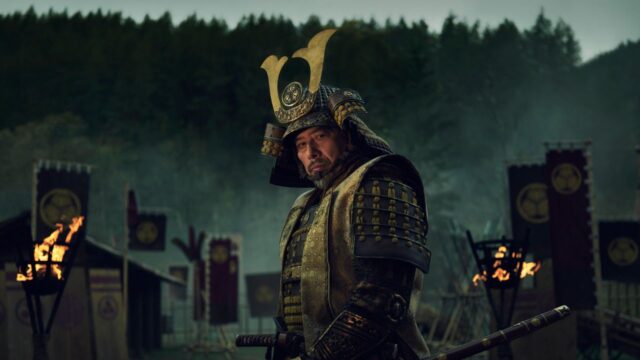
However, England’s presence in Japan was short-lived as trade there proved to be unprofitable. English merchants faced hostilities from the Portuguese and the Spanish. The Japanese also grew suspicious of their motives and religion.
Historically, England withdrew from Japan in 1623, when shogun Tokugawa Hidetada ordered the expulsion of all foreigners except the Dutch and the Chinese.
The Portuguese Were the First to Reach Japan
As per Shogun, the Portuguese were the first European country to establish trade and diplomatic ties with Japan after they landed on the southern island of Tanegashima in 1543. The Portuguese introduced firearms, silk, and other goods to the Japanese.
Another important contribution was the knowledge of Christianity through the Jesuit missionaries who accompanied them. The Portuguese enjoyed a privileged position in Japan for almost 100 years until other European powers finally challenged their influence.
The rise of the Tokugawa shogunate also influenced the power dynamic. The shogunate aimed to unify and isolate Japan from foreign interference.
Shogun depicts an ambivalent relationship between Spain and Japan. Spain was under the same crown as Portugal between 1580 and 1640. Spain supported the Portuguese Jesuit mission and the conversion of many Japanese noblemen to Catholicism.

However, they also feared that Japan could become a threat to their colonial interests in Asia and the Americas. Japan also invaded Korea in 1592 to capture the Philippines and China, furthering the fear of the Spanish people.
Spain tried to prevent other European countries, such as England and the Netherlands, from establishing trade relations with Japan. They enforced the papal decree of 1585, forbidding any Catholic country from trading with Japan.
About Shōgun
Shōgun is an upcoming American historical drama television limited series based on the 1975 novel of the same name by James Clavell. The novel was previously adapted into a 1980 television miniseries.
The series is set to premiere with its first two episodes on February 27, 2024, on Hulu and FX, with new episodes of the 10-episode series then releasing weekly.
Shōgun follows “the collision of two ambitious men from different worlds and a mysterious female samurai; John Blackthorne, a risk-taking English sailor who ends up shipwrecked in Japan, a land whose unfamiliar culture will ultimately redefine him; Lord Toranaga, a shrewd, powerful daimyo, at odds with his own dangerous, political rivals; and Lady Mariko, a woman with invaluable skills but dishonorable family ties, who must prove her value and allegiance”.
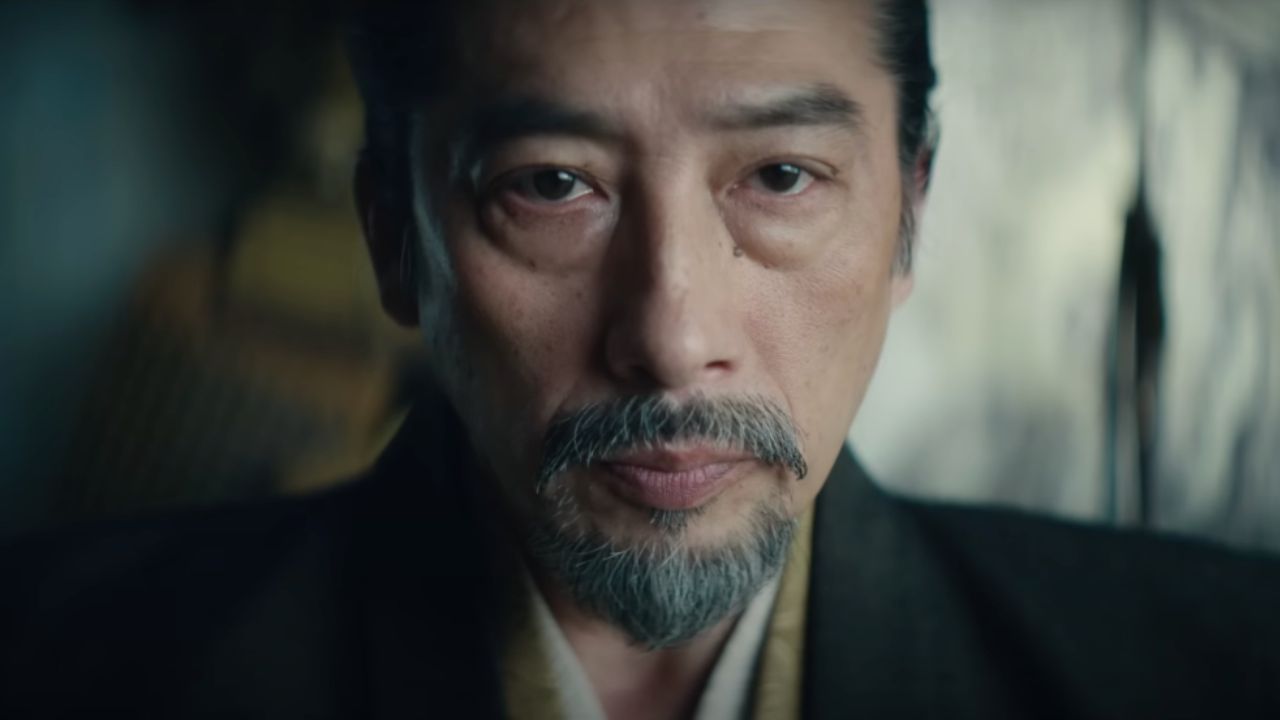
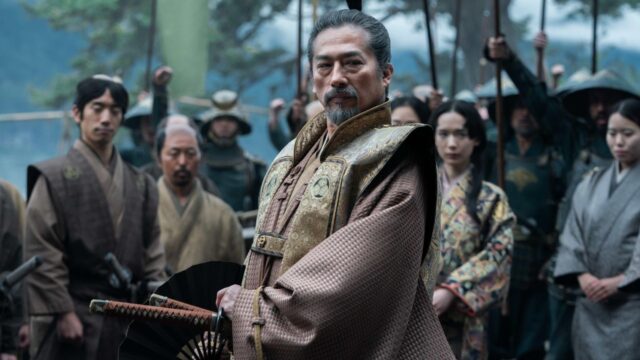
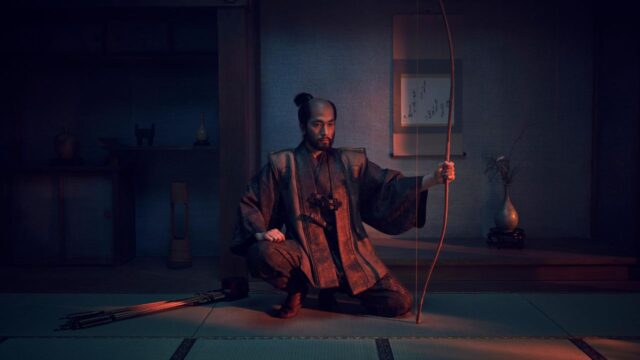
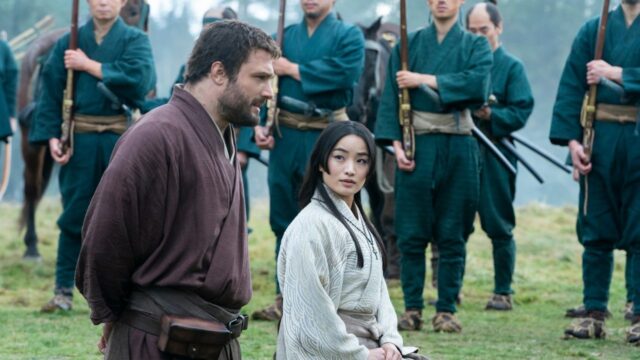
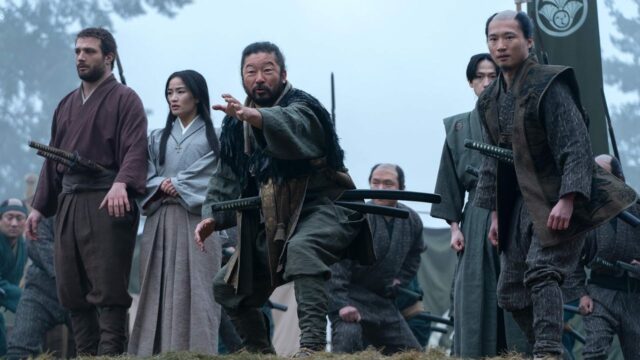
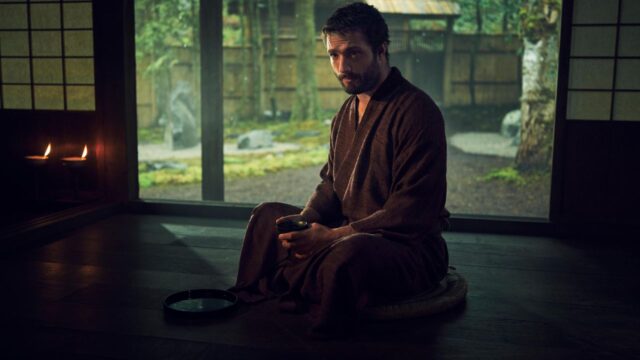



No Comments on The Historical Background and Country Relations in FX’s Shogun Explained